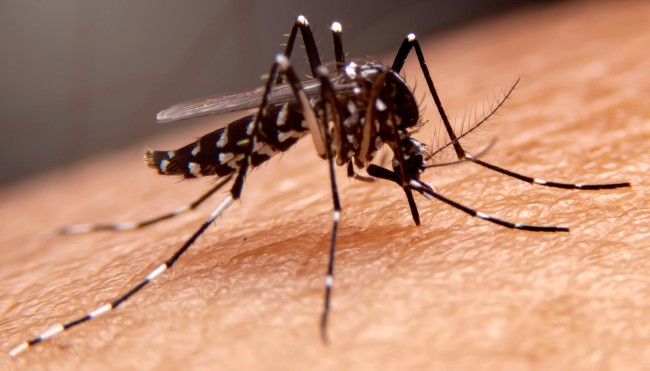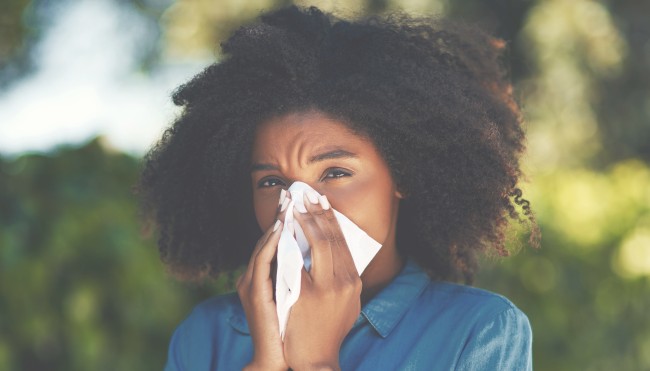Honey: Pasteurized or Raw
More Than Just A Sweetener
Honey has a long history of “medicinal use” and is said to have a host of health benefits from stabilizing blood sugar levels to boosting the immune system, but many are purely anecdotal. The National Honey Board is more modest in its claims, recognizing honey as a natural energy source, cough suppressant and source of minerals, vitamins, and antioxidants. Some types of honey, Manuka honey, in particular, have antibacterial qualities too, but this varies depending on the type of honey and how it is harvested.
Raw VS Pasteurized
Honey is sold as both raw and pasteurized, but what’s the difference? Raw honey is honey in its purest form – unheated and unfiltered. It contains small amounts of pollen, other particles such as honeycomb, and sometimes parts of bees like wings or legs. Pasteurized honey, on the other hand, is heated and micro-filtered to remove these pollen grains, and kill off potentially harmful bacteria and yeast. Filtering alters the appearance and consistency of the honey, leaving a silky and clear product which appeals to many consumers. It also slows the crystallization process, meaning it stays liquid longer than unfiltered honey.
Is Raw Honey Better For You?
As always, there are two sides to the story. Purists see pasteurization as a crime against honey and believe that it kills off good bacteria, as well as the bad stuff. A 2012 study by the National Honey Board found that commercial processing honey didn’t affect the nutrient content or antioxidant activity and concluded that the micro-nutrient profile of honey is not associated with pollen content. However, a 2004 study found that heat processed honey did affect the levels of antioxidants in some types of honey, but not others. So, if you’re in it for the antioxidants, it might be best to stick to the unprocessed stuff.
Can Raw Honey Relieve Allergies?
If you suffer from seasonal allergies and are hoping for a natural fix, you’re about to be disappointed. While there’s lots of anecdotal evidence, there’s no hard evidence to support the claim that eating raw honey can relieve allergies. The logic behind this assertion is that if you eat honey containing pollen from local plants that cause seasonal allergies, it will help you build up immunity to them. The problem with this theory is that the pollen found in honey doesn’t come from weeds, trees, and grasses which are the most common allergens, but instead from colorful flowers and blossoms.
The Verdict
If eating natural, unprocessed products is super important to you and your values, then stick to raw honey. On the other hand, if you use honey as a sweetener, and don’t fuss with the other potential health benefits, either will do. However, do be discerning and research brands. As always, some are better than others and some commercially processed honey has additional sweeteners and flavors added to it. Be sure to check the label carefully!





